Which Is Better A Rangefinder Or Gps ?
The choice between a rangefinder and GPS depends on personal preference and specific needs. Rangefinders use laser technology to measure distances to specific targets, making them ideal for precise distance measurements in golf or hunting. They are compact, easy to use, and provide accurate readings. On the other hand, GPS devices use satellite technology to provide location information, course mapping, and distance measurements. They are versatile, offering a wide range of features beyond distance measurement, such as hazard information and score tracking. GPS devices are popular among golfers who prefer a more comprehensive approach to course navigation. Ultimately, the decision between a rangefinder and GPS comes down to individual preferences, budget, and the specific requirements of the activity.
1、 Accuracy: Comparing the precision of rangefinders and GPS devices.
Accuracy: Comparing the precision of rangefinders and GPS devices.
When it comes to accuracy, both rangefinders and GPS devices have their strengths and weaknesses. Rangefinders, which use laser technology to measure distances, are known for their high precision. They can provide accurate measurements within a few yards, making them ideal for golfers, hunters, and other outdoor enthusiasts who require precise distance calculations.
On the other hand, GPS devices rely on satellite signals to determine location and distance. While they have improved significantly over the years, they are still not as accurate as rangefinders. GPS devices typically have an accuracy range of 10-30 feet, which may be sufficient for most recreational activities but may not meet the needs of professionals or those who require pinpoint accuracy.
However, it is important to note that the latest advancements in GPS technology have narrowed the accuracy gap between rangefinders and GPS devices. Some high-end GPS devices now offer accuracy within a few feet, thanks to multi-satellite systems and advanced algorithms. These devices can provide precise measurements even in challenging environments such as dense forests or urban areas with tall buildings.
Ultimately, the choice between a rangefinder and GPS device depends on the specific requirements of the user. If precise distance measurements are crucial, such as in golf or hunting, a rangefinder may be the better option. However, if versatility and convenience are more important, a GPS device can provide additional features like course mapping, hazard information, and distance calculations to various points on the course.
In conclusion, while rangefinders are generally considered more accurate than GPS devices, the latest advancements in GPS technology have significantly improved their precision. It is essential to consider the specific needs and preferences of the user when deciding between the two.
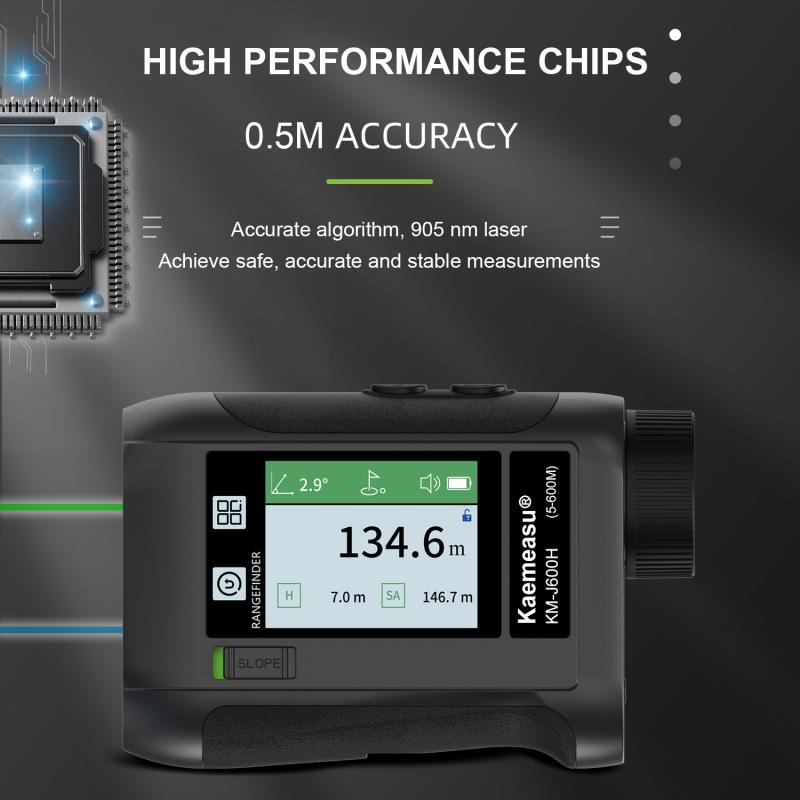
2、 Ease of Use: Assessing the user-friendliness of rangefinders and GPS devices.
Which is better, a rangefinder or GPS? The answer to this question ultimately depends on individual preferences and needs. However, when it comes to ease of use, assessing the user-friendliness of rangefinders and GPS devices can provide some insights.
Rangefinders are known for their simplicity and straightforwardness. They typically have a simple interface with a few buttons or dials, making them easy to operate. Rangefinders are designed specifically for measuring distances, and their primary function is to provide accurate yardage readings to the target. This simplicity can be appealing to golfers or hunters who prefer a no-frills approach and want a device that is quick and easy to use.
On the other hand, GPS devices offer a wider range of features and functionalities. They provide detailed maps, course layouts, and even hazard information. GPS devices can be more complex to navigate due to the larger number of options and settings available. However, with advancements in technology, GPS devices have become more user-friendly over time. Many models now offer touchscreens and intuitive interfaces, making them easier to operate.
The latest point of view suggests that GPS devices have gained popularity due to their versatility and additional features. They provide more comprehensive information, allowing users to make more informed decisions on the course or in the field. However, for those who prefer a simpler and more straightforward approach, rangefinders remain a popular choice.
In conclusion, when it comes to ease of use, rangefinders are often favored for their simplicity, while GPS devices offer more features and functionalities. Ultimately, the choice between the two depends on individual preferences and needs.
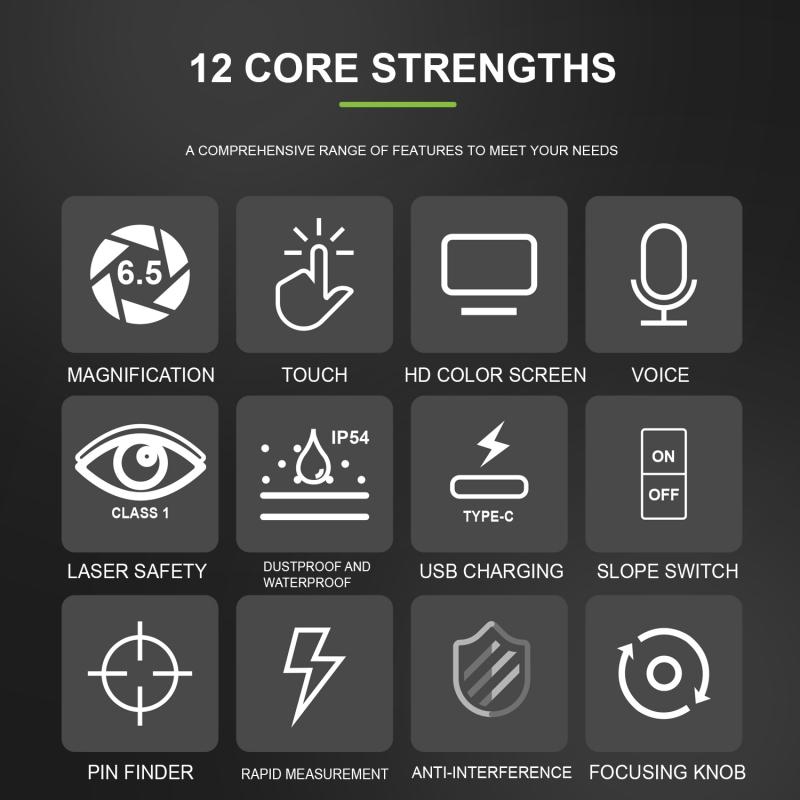
3、 Battery Life: Examining the longevity of rangefinder and GPS device batteries.
Battery life is a crucial factor to consider when comparing rangefinders and GPS devices. Both devices rely on battery power to function, and the longevity of their batteries can greatly impact their usability and convenience.
Rangefinders typically have longer battery life compared to GPS devices. This is because rangefinders are simpler in design and have fewer features that drain battery power. They are primarily used for measuring distances and do not require constant satellite connectivity or mapping functions. As a result, rangefinders can often last for multiple rounds of golf or outdoor activities before needing a battery replacement or recharge.
On the other hand, GPS devices offer more advanced features such as course mapping, hazard information, and real-time tracking. These additional functionalities require constant satellite connectivity and data processing, which can significantly drain the battery. As a result, GPS devices generally have shorter battery life compared to rangefinders.
However, it is important to note that advancements in technology have led to improvements in battery life for both rangefinders and GPS devices. Manufacturers are constantly working to optimize power consumption and develop more efficient batteries. Some GPS devices now offer extended battery life options or have the ability to conserve power when not in use.
Ultimately, the choice between a rangefinder and GPS device should not solely be based on battery life. Other factors such as accuracy, ease of use, and personal preferences should also be considered. It is recommended to research and compare different models to find the device that best suits your needs and preferences, taking into account the latest advancements in battery technology.
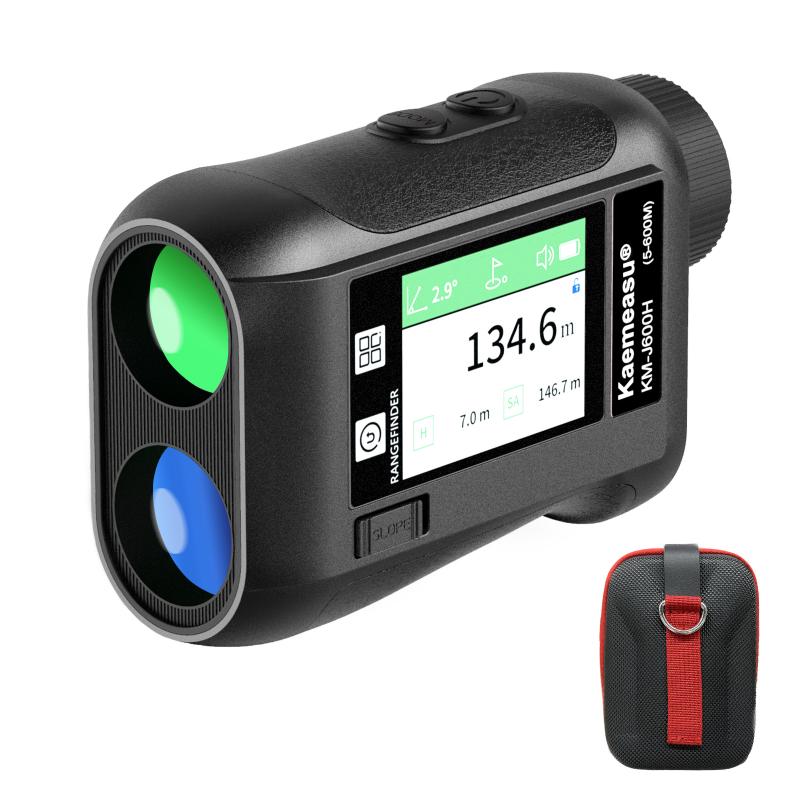
4、 Versatility: Evaluating the adaptability of rangefinders and GPS devices.
Versatility: Evaluating the adaptability of rangefinders and GPS devices.
When it comes to determining which is better between a rangefinder and GPS device, it ultimately depends on the specific needs and preferences of the user. Both technologies have their own advantages and limitations, making versatility a crucial factor to consider.
Rangefinders excel in providing accurate distance measurements, making them ideal for golfers, hunters, and outdoor enthusiasts who require precise measurements for targeting or navigating. They use laser technology to calculate distances to objects, allowing users to gauge the distance to a flagstick, hazard, or any other target. Rangefinders are typically compact, lightweight, and easy to use, making them highly portable and suitable for various outdoor activities.
On the other hand, GPS devices offer a broader range of functionalities beyond distance measurement. They provide detailed maps, navigation assistance, and real-time tracking, making them valuable tools for hikers, backpackers, and explorers. GPS devices can help users plan routes, mark waypoints, and track their progress, ensuring they stay on the right path. Additionally, some GPS devices offer features like weather updates, geocaching, and fitness tracking, enhancing their versatility.
In recent years, there has been a rise in hybrid devices that combine both rangefinder and GPS technologies. These devices offer the best of both worlds, providing accurate distance measurements along with detailed maps and navigation assistance. They cater to users who require versatility and convenience in a single device.
Ultimately, the choice between a rangefinder and GPS device depends on the specific needs and preferences of the user. While rangefinders excel in accuracy and simplicity, GPS devices offer a broader range of functionalities. The latest point of view suggests that hybrid devices combining both technologies provide the most versatile solution for outdoor enthusiasts.
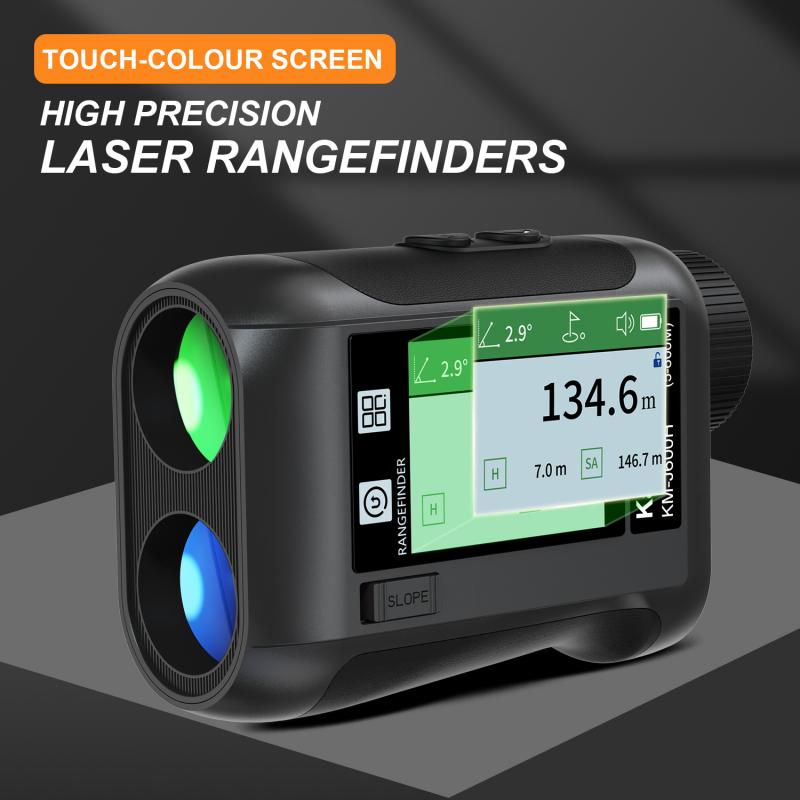








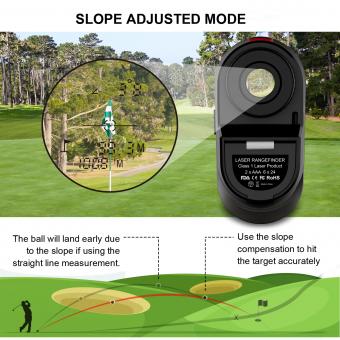
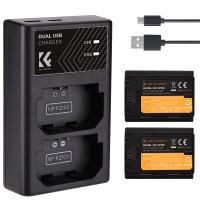
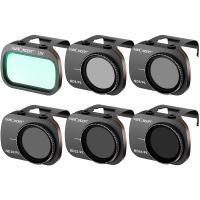
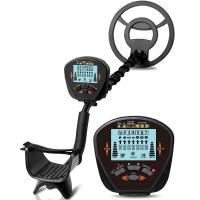
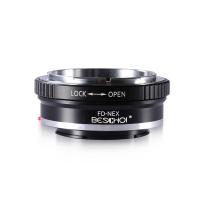
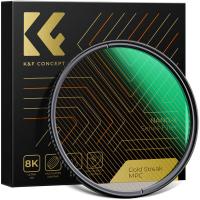
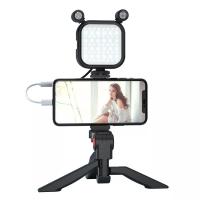

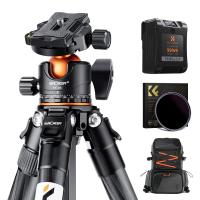
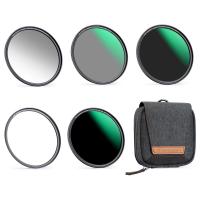
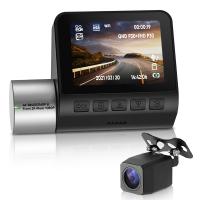
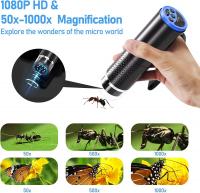
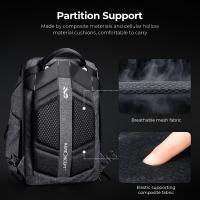
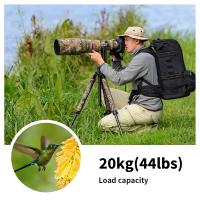
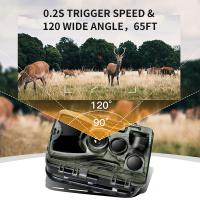
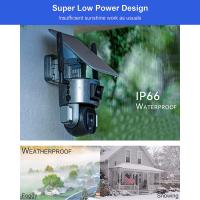
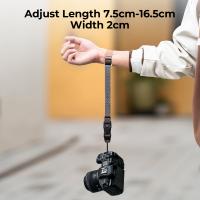
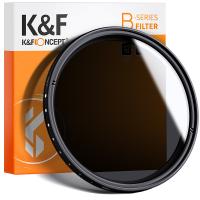

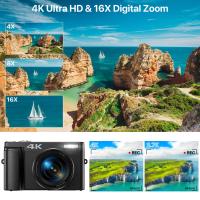
There are no comments for this blog.